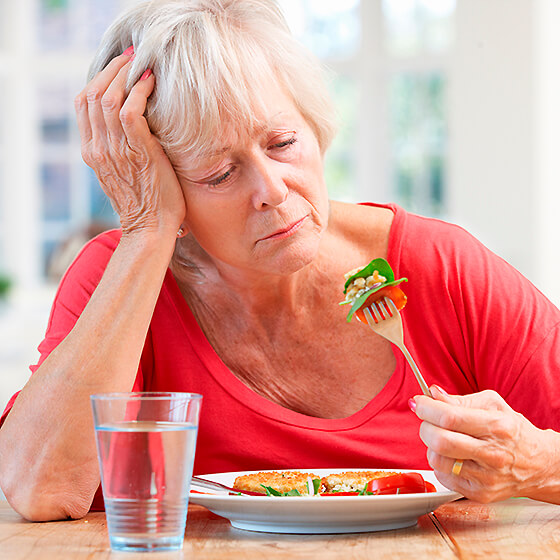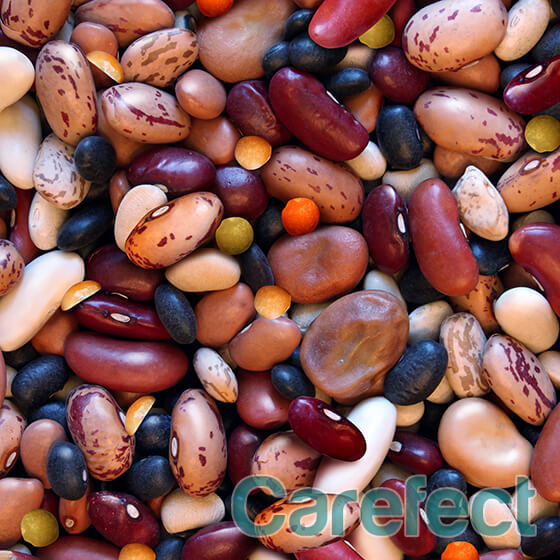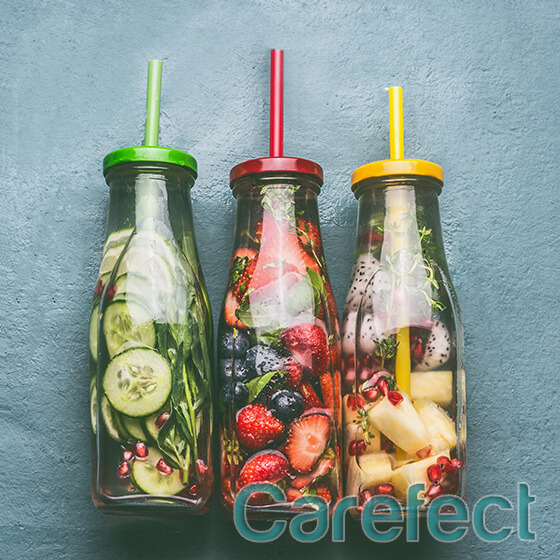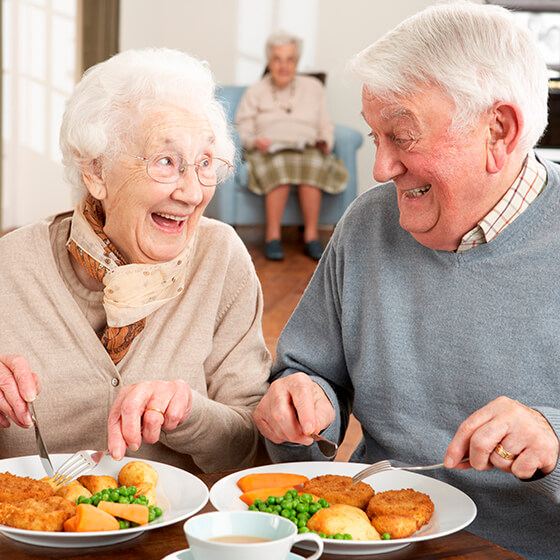Eldercare: Common Foods that Interact with Medication
Foods contain the vitamins, minerals and nutrients necessary for us to live long healthy lives. However, those same vitamins and minerals that can be healthy can also interfere with certain medications. It is important for all ages to be mindful of their prescriptions but this is especially important for seniors, who are often taking more medications, each one of which having the potential to interact complexly with their bodies, and diets. Negative reactions between food and drugs can be prevented by being knowledgeable about which medications interact negatively with specific...Read More





